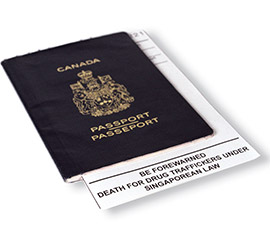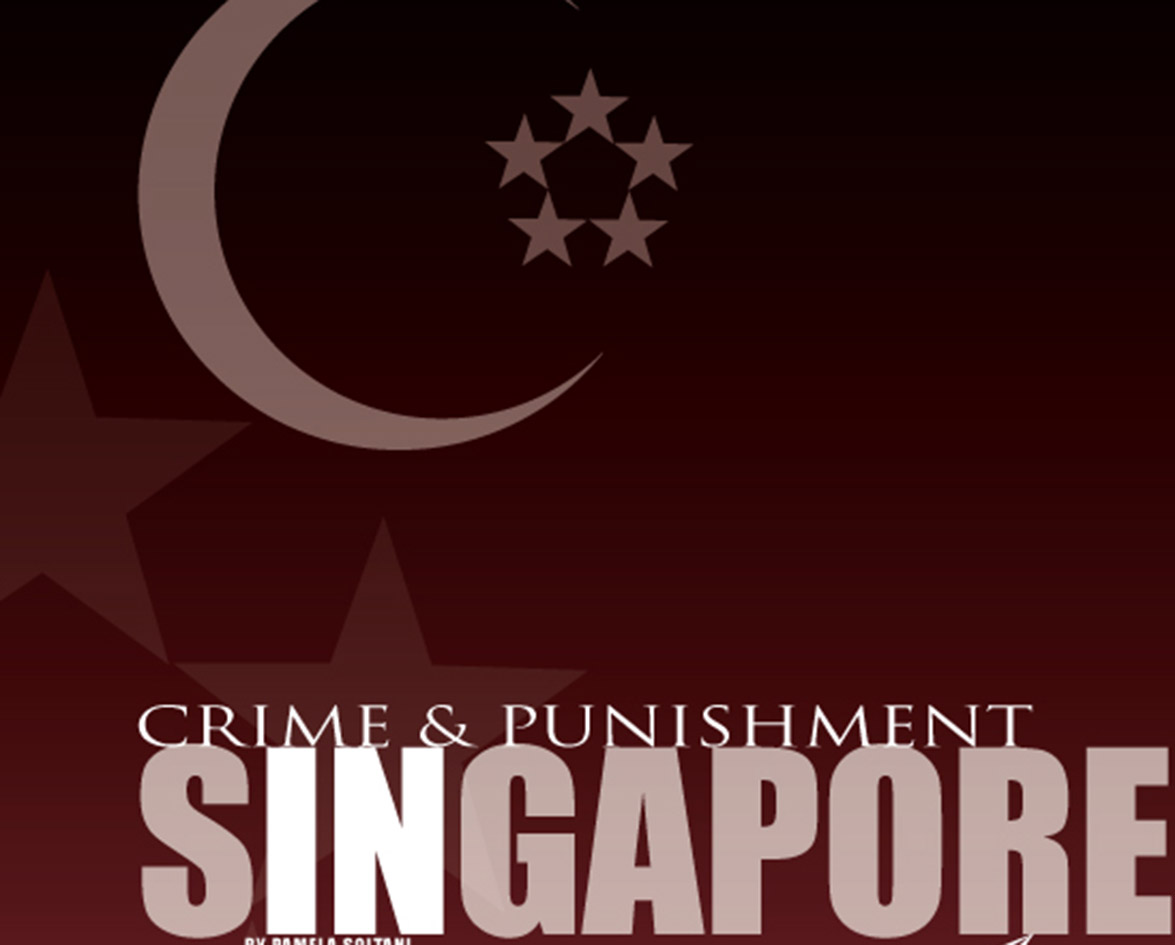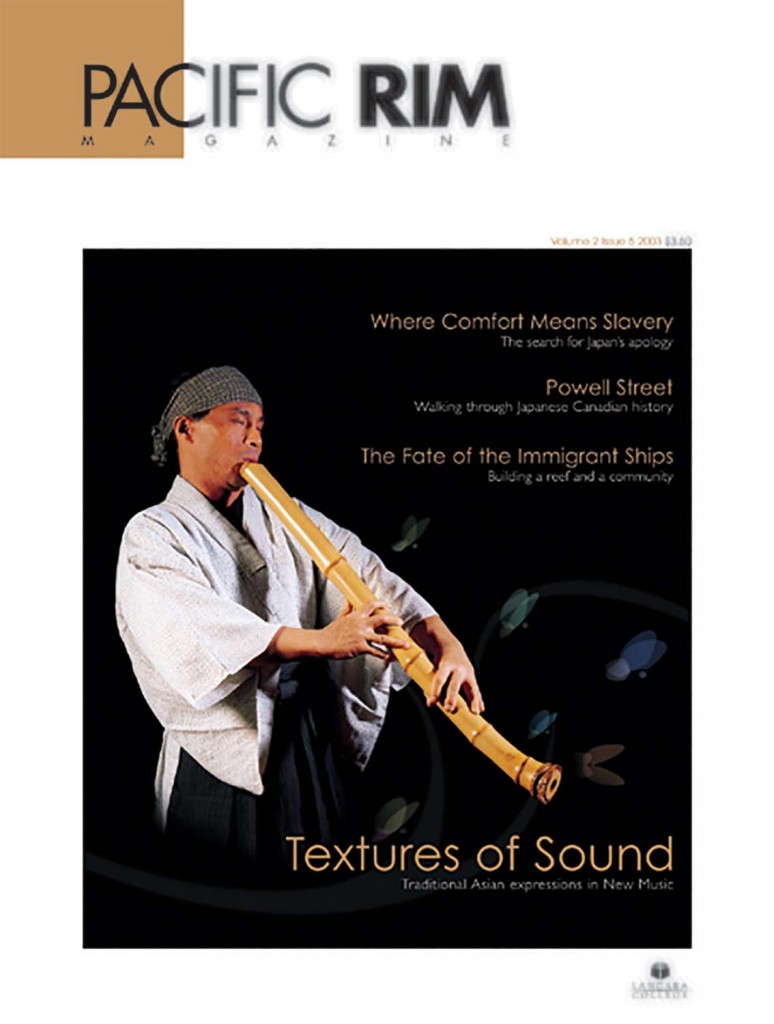On a two-day stopover in Singapore, Renee Posnikoff went through the familiar paces of clearing customs. Upon arriving at the customs desk, Posnikoff was asked if she had any chewing gum. She produced five packs from her luggage, all of which were instantly taken away. Luckily, Posnikoff turned in the chewing gum when given the chance. Had she been caught with it inside the country, she could have faced fines up to $8,600 CDN and a sentence of up to a year in jail. The leaflet customs officials handed her warned of other civic violations with heavy fines such as spitting, littering, or dropping cigarette butts on the street.
Why So Strict?
Considered one of the cleanest, greenest cities in the world, Singapore is a popular tourist destination, receiving over eight million visitors a year. At just 700 sq. kms, Singapore has an annual GDP that competes with leading nations of Europe. This gives it the world’s fourth most competitive economy, placing it ahead of the United States. The city-state also boasts a high standard of living, low unemployment, and a literacy rate of 98 percent. Singapore has 12 times the population of Vancouver but just half the crime rate.
With statistics like these, it’s no wonder Singapore attracts so many visitors. However, travellers planning to visit the self-proclaimed “Garden City of Asia” should be aware of the country’s strict laws and severe penalties.
Beware Of The Fines
Carla Arial has travelled all over the world and considers Singapore the cleanest country she’s ever visited. Despite the strict enforcement of laws, Arial didn’t notice a strong police presence. Of the officers she did see, most were on foot and simply giving people directions. Although she didn’t know it was illegal at the time, Arial admitted to jaywalking in Singapore. Had she been caught, she could have faced a fine of $83 CDN. But like most tourists, Arial enjoyed her stay in Singapore and managed to keep out of trouble.
Some visitors, however, are not so fortunate. According to Dan Mysak of the Canadian High Commission in Singapore, each year around 80,000 Canadians visit Singapore, with approximately two encountering legal problems. The offences these Canadians are alleged to commit usually relate to fraud, people smuggling, or drug possession. In Singapore, these offences are subject to much more severe penalties than in Canada.
One of the more recent drug possession cases involving a Canadian occurred in 1996. Associated Press reported Singaporean police found eight kilograms of marijuana in a house where Ronald McCulloch was staying. A resident of Singapore since 1979, McCulloch faced two trafficking charges, each carrying the death penalty, the mandatory sentence for anyone convicted of drug trafficking, murder, or kidnapping. McCulloch was lucky. Instead of death, he received nine years imprisonment after arranging a plea bargain with the prosecution.
Had McCulloch been convicted of trafficking and sentenced to death, he would have become the second Westerner to be executed for violating Singapore’s drug laws. The first was Johannes Van Damme, a Dutch businessman found in possession of 4.2 kilograms of heroin.

The Death Penalty And Other Punishments In Singapore
Although Singapore does not hand out the death penalty randomly, Amnesty International states that Singapore has one of the world’s highest rates of execution relative to its population. Reuters journalist Amy Tan reported that the Singaporean government has hanged 340 people between 1991 and 2001. According to the Think Center, a Singaporean civil rights group, 70 percent of those executions were for drug offences. By comparison, Canada executed 710 people between 1867 and 1962 before the death penalty was abolished in 1976.
For those lucky enough to escape hanging, caning may be the punishment prescribed for roughly 30 crimes in Singapore, including attempted murder, armed robbery, immigration offences, and vandalism. Secretary General of the Singapore Democrats and former political prisoner, Dr. Chee Soon Juan spent five weeks in a Singapore prison for refusing to pay a fine he received for violating a law restricting public gatherings.
In an open letter written in November 2002, Dr. Chee relates his experience of life in prison and what he learned about the practice of caning, stating, “Caning in Singapore is a barbaric act where trained personnel slash a six-foot-long, one-inch- thick cane across the hapless victim’s buttocks. The individual’s ankles are strapped onto a heavy metal frame, and they bend forward where their wrists are similarly locked, with only their naked backsides exposed.”
To most Canadians, Singapore’s legal system might seem unusually severe, but Singaporeans are divided on the issue. Vasuge Karthigesu, a fifth generation Singaporean, moved to Canada in 1991. When asked about the laws and punishments of her homeland, Karthigesu expressed reservations about the death penalty, saying she believes there is always a chance the wrongly convicted could be hanged. She does not, however, oppose caning.
Karthigesu still returns to Singapore every few years. During her last visit two years ago, she noticed a change. “The city was slightly dirtier,” she said. “The government might be relaxing the rules a little bit.” Karthigesu said she generally feels safer in Singapore, but admits she would not return to live there.
Many travellers believe Singapore is a great place to visit as long as the laws are respected. Anyone interested in visiting Singapore should thoroughly peruse websites and travel brochures outlining what tourists need to know about the country. Canadians can review the status of any country on the Department of Foreign Affairs and International Trade website where information on travel warnings, general conditions, local laws, and customs is available.











